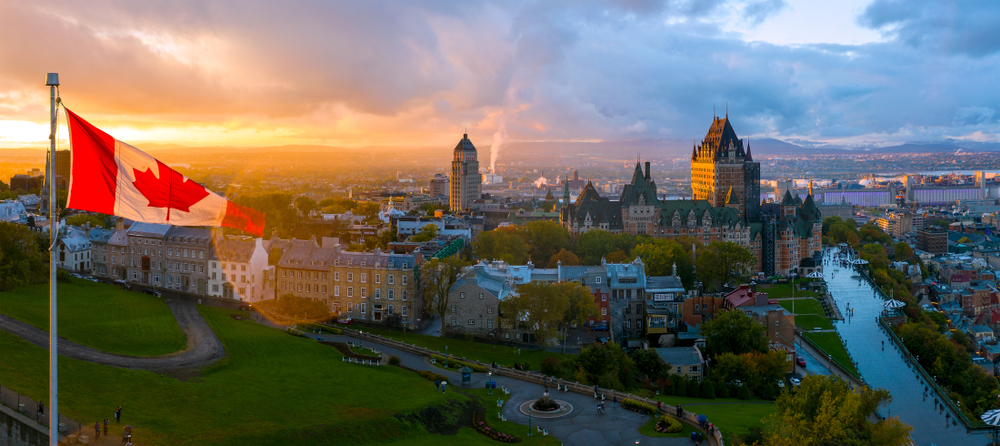Religion in Modern Canada

Religion has long been a part of the journey of the human race. According to many anthropologists, one of the earliest signs of advanced intelligence in the ancestors of modern humans was the practice of burying the dead. Academics believe the initial burial processes were religious in nature, indicating connections to spiritual beliefs are some of the oldest aspects of the human condition. Still, this doesn’t mean that modern people have the same perceptions when it comes to religious ideologies. In Canada, there have been some very interesting shifts on religious fronts over recent years.
Immigrants Comprise the New Religious Majority
For a long while throughout Canada’s history, a good chunk of the population identified as religious. These individuals typically were influenced in their religious beliefs by their families, meaning that each generation in a group or community tended to reflect the one before. At some point over the last two decades, this began to change. According to statistics compiled from 2001 until 2015, younger individuals coming from families who have Canadian roots dating back centuries are much less religious than those prior.
The same research revealed that immigrants to Canada tend to be much more religious as a whole. With Canada consistently welcoming new residents from across the world, there has been a big uptick in both the number of religious individuals from foreign nations and a shift in what spiritual beliefs are practiced on average. Once, Christianity and its various denominations were most common. Now, populations of Muslims, Buddhists, and other groups have become larger in communities throughout the nation.
Older Canadians Are In Favor of Religion as a Whole
Another bit of data released around 2011 showed a transition in the median age for the average religious citizen. This information, which has remained largely the same over the last decade, revealed that those who identified as religious tended to be on the older end of the spectrum. Those who stated that they were members of a Christian-based faith like Protestantism or Catholicism tended to be around 52 years of age. This is a shift upward when compared to data from previous census reports across the last five decades, which revealed that the median age was closer to 35.
This is another area where differing religious beliefs reveal different sets of data. Though Christians as a whole tend to lean older, this is not true of those who belong to other faiths. In the case of immigrants entering Canada, those who identify as Mulsim tend to be around 27 years of age on average. This is primarily due to the fact that people in the countries where these individuals originated lean younger when it comes to religious beliefs across generations.
Most Canadians View Religion in a Positive Way
Even though fewer people are identifying as religious in the traditional sense, Canadians by and large accept and are interested in the religions of others. While there are favorable views to popular Canadian belief systems like Protestantism, citizens also respond in a positive way when it comes to religions that weren’t as present in the population over previous years, like Buddhism. Still, this isn’t to say all members of Canada are as open. Small populations still show signs of xenophobia and ignorance when it comes to the religions of others.
While a subject that has fascinated the human race since the dawn of recorded time, religion definitely looks far different today than it did back then. As the world continues to shrink due to the presence of the internet, it is likely true that even more changes will take place at an even faster pace. For now, looking back at the past can be a great way of gaining some perspective on the current zeitgeist and any changes that might be poised on the horizon.

